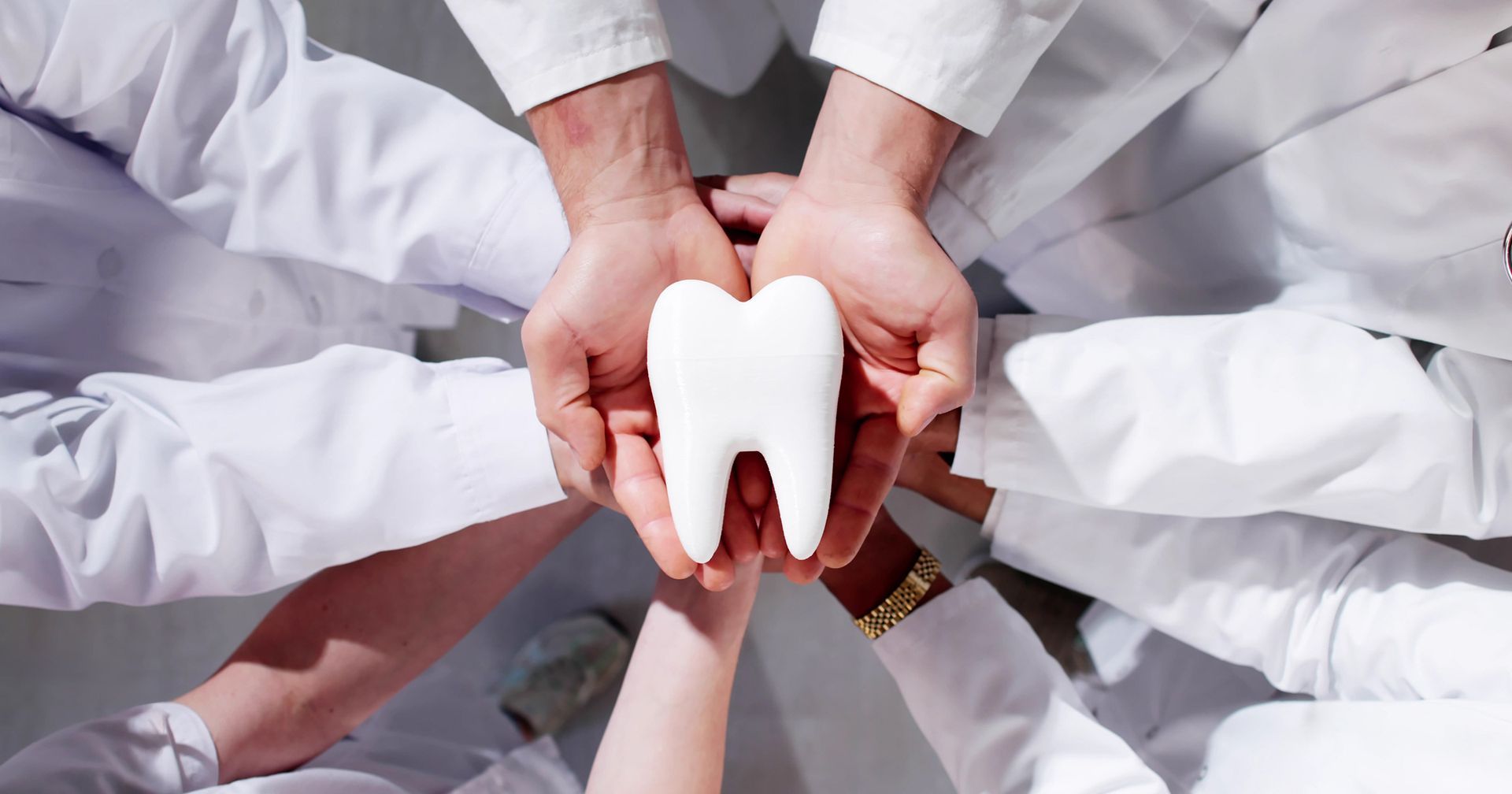If you are considering a dental crown procedure, you likely have a lot of questions on your mind. We answer those questions here in this informative post.
Whether your tooth is worn down, cracked, or in possession of a serious cavity, you could benefit from having a crown installed over it. But maybe you're skeptical of getting a dental crown? Maybe you need a little convincing?
If so, you've come to the right place. Below, we're going to tell you everything there is to know about the dental crown procedure, answering some of the most pressing questions about dental crowns. Let's go!
What Does a Dental Crown Procedure Entail?
The specifics of a
dental crown
procedure can vary based on the dentist you see and the number of crowns you need to have inserted. In some cases, the procedure will happen over the course of a few different appointments. In other cases, it will require just one appointment.
If you're lucky enough to have the procedure completed in a single appointment, you'll simply go into the dentist's office, have impressions and photographs taken of your teeth, and then wait until the dentist is able to create a crown using those impressions and photographs. Then, once the crown has been created, it will be inserted. The entire process will take 3 or 4 hours.
In cases where you must attend several appointments, the process is broken down into different components. At your first appointment, your dentist will take impressions and X-rays of your teeth. He or she will then send those to an independent company so that they can
create your crowns
in an accurate and precise manner.
A few weeks later, you'll return to have the crowns inserted. If you only need 1 or 2 crowns, this should only take one appointment. If you need several, you'll likely have to return for an additional appointment.
As was noted, this process can vary. However, by and large, this is what you should expect.
When Are Dental Crowns Called For?
Dental crowns can be used in a number of situations, helping to improve both the look and functionality of a set of teeth. Some scenarios that call for dental crowns include:
When a Cavity Is Particularly Large
Most cavities can be filled. However, if your cavity is on the large side, you might need to insert a crown over it in lieu of receiving a filling.
When Your Teeth Are Worn
Due to grinding and injury, teeth can wear down over the years. In the most severe cases, dental crowns are needed to improve both the aesthetics and functionality of the teeth.
When Your Teeth Are Cracked
Whether it be due to hard foods or a direct injury, teeth can crack. Oftentimes, in order to repair these cracks, crowns must be inserted.
When You Receive a Root Canal
If you receive a root canal, there's a decent chance that you'll need to get a crown inserted onto the tooth in question. This will help stabilize it, allowing it to thrive in terms of both aesthetics and operation.
How Much Does a Dental Crown Cost?
Though prices can vary, dental crowns generally cost between 20,000 and 30,000 pesos apiece. Note, though, that this is dependent on the dentist from whom you receive treatment as well as the type of crown you opt for. In truth, prices can range from 10,000 pesos to 50,000 pesos and sometimes even more.
All of that said, dental insurance might help to lower the cost. Consult your insurance provider to see how much coverage you'll receive. And also be sure to choose an in-network dentist.
What Types of Dental Crowns Are There?
Dental crowns are available in a variety of materials, some of which are used more than others. Let's discuss the most popular of these materials below.
Porcelain
At the present time, porcelain crowns reign supreme. The reasons for this are many. In addition to possessing above-average durability, they also look like real teeth.
The downside to porcelain crowns is that they're on the expensive side. That said, they're not prohibitively expensive, by any means.
Porcelain-Fused-to-Metal
Porcelain-fused-to-metal crowns are made primarily out of porcelain. However, their attachment portion is made out of metal. So, while they provide a reasonably authentic aesthetic, they can be told apart from real teeth.
In terms of durability, they're superb. In fact, they're so strong that they can actually cause adjacent teeth to wear down over time.
Gold
Gold crowns aren't actually made out of gold at all, but copper, nickel, and a variety of other metals instead. As you might expect, they're extremely durable and extremely strong.
The downside to gold crowns, however, is that, well, they're gold. They don't blend in with authentic teeth at all. As such, they're typically only used for the less-visible teeth in the back of the mouth
Can Dental Crowns Cause Any Problems?
By and large, dental crowns are extremely reliable. That said, they're not perfect and can incur problems from time to time.
For instance, if you don't get your crowns checked regularly, you could end up with cavities underneath them. There's also a risk of them wearing down authentic teeth. Plus, on occasion, a hard food or impact injury could cause the crown to come loose.
To combat these problems, you must maintain your crowns properly. See your dentist regularly, be mindful of hard foods, and try not to clench or grind. If you need any help with these things,
your dentist can be of assistance.
Looking to Get a Dental Crown in Zona Rio Tijuana Mexico?
Are you interested in getting a dental crown? Looking to get a dental crown in Zona Rio Tijuana, Mexico, specifically? Dentiland has you covered.
We're well-versed in restorative dental care and have inserted crowns for countless patients. Whether you need crowns, dental implants, dentures, veneers, or otherwise, we can help you.
Contact us now to schedule an appointment!













